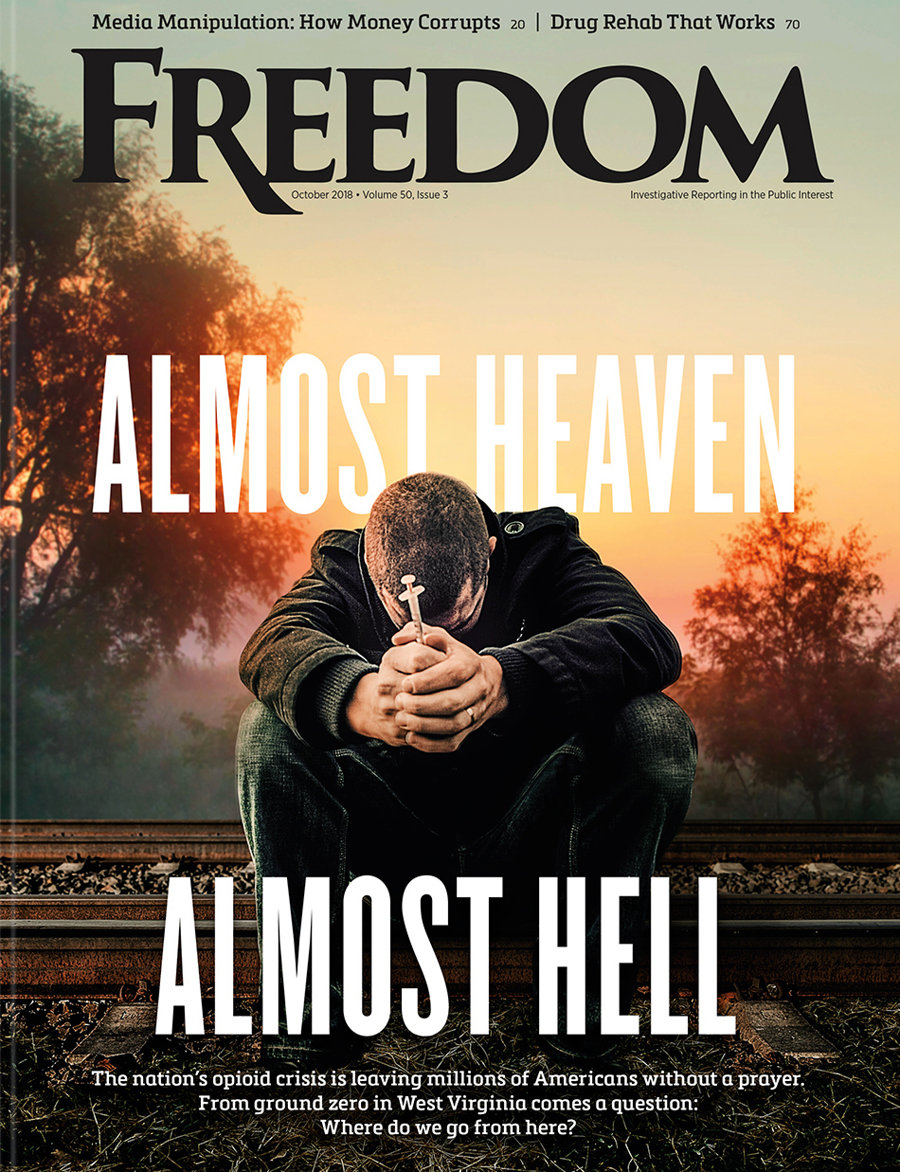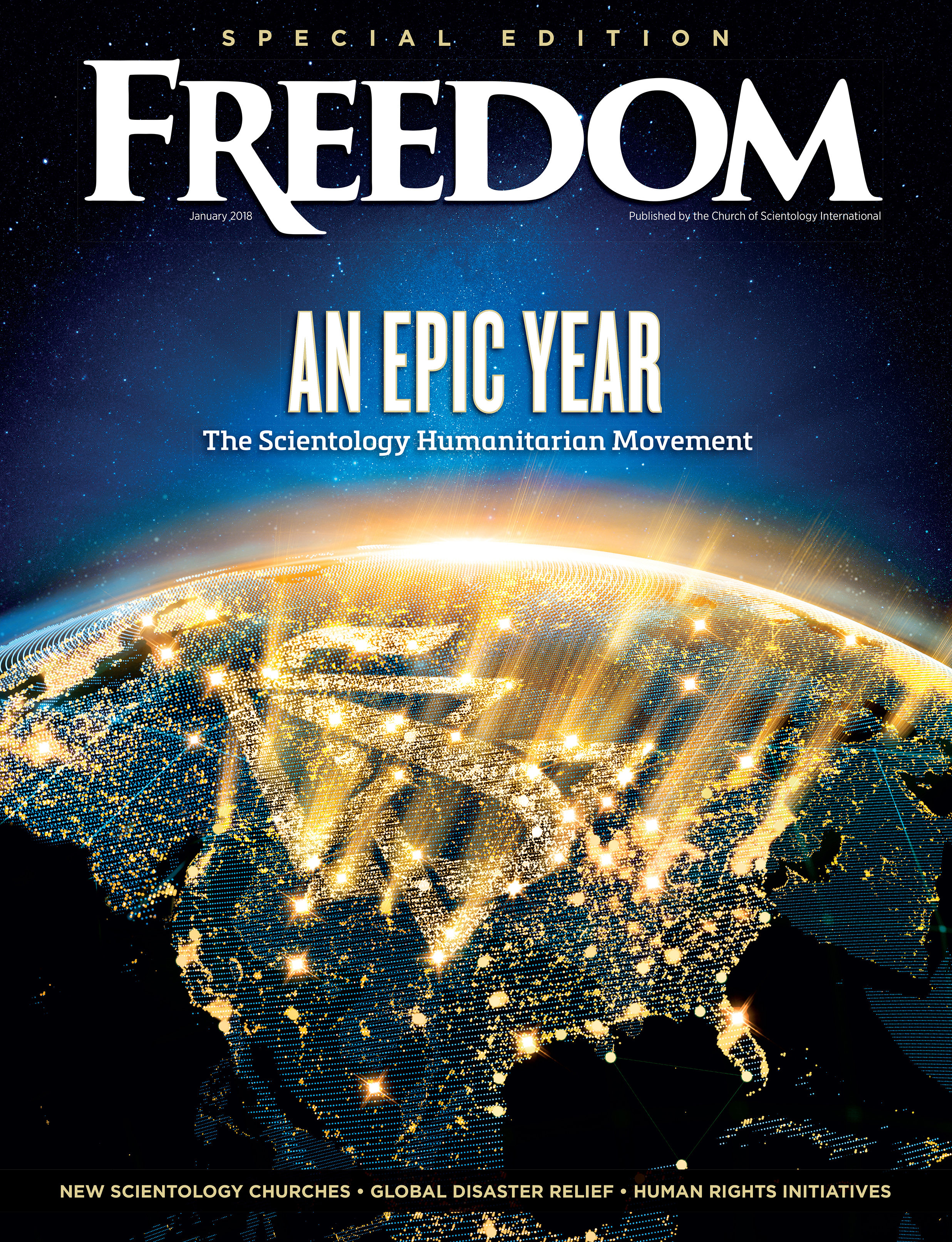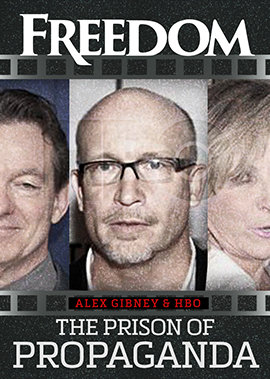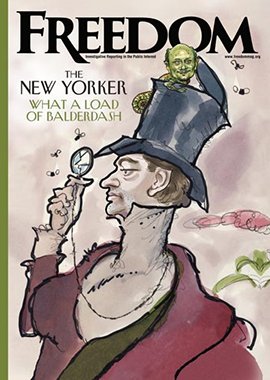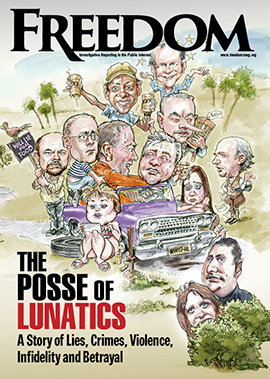Apparently not.
The data shows that, contrary to anti-religious propaganda, the more education students attain, the more likely they are to continue to practice, cling to and cherish their religious views, rather than be transformed into dedicated disciples of secularity.
“We have very good survey data back to 1972,” wrote Dr. Ryan Burge, an associate professor of political science and author of four books on religion. “There’s never been a period in the last 50 years where the statement, ‘Those with lower levels of education were more likely to go to church than those with graduate degrees’ has been empirically true. But you hear it often.”
“Education positively affects religious participation.”
Dr. Burge cites a graph showing that, since the 1970s, those who completed graduate school have a consistently higher level of weekly church attendance than those who only finished high school or less.
“I think that the assumption that most people have is that educated people tend to be less religious,” he wrote. “Well, the understanding that American churches, synagogues and mosques are filled with people who barely managed to finish high school is just empirically, demonstrably false. There’s no simpler way to say it than that.
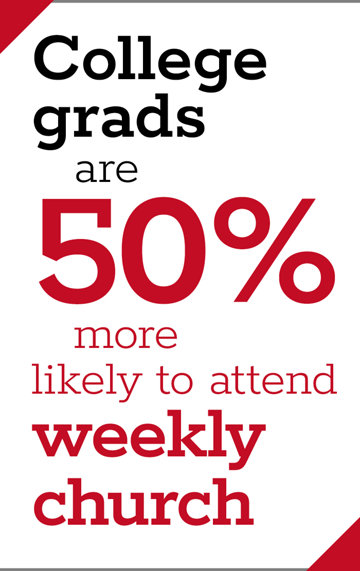
“I have looked at almost every survey that contains a component about religion and analyzed the relationship between educational attainment and religious attendance, and it’s never a negative relationship. Sometimes the slope of the line is basically flat, but more often than not, the trend line points upward.”
“I challenge the scholarly contention that increases in education uniformly lead to declines in religious participation, belief and affiliation,” wrote Dr. Philip Schwadel, a University of Nebraska sociologist. “Analysis of survey data shows that education negatively affects exclusivist religious viewpoints and biblical literalism but not belief in God or the afterlife. Education positively affects religious participation, devotional activities and emphasizing the importance of religion in daily life.”
Study after study has shown this positive association between greater education and prayer, church participation, belief in an afterlife and the importance of religion.
Bottom line? Religious people are intelligent—and every bit as smart as those who reject faith.
Dr. Christian Smith, a University of Notre Dame sociologist, noted, “Among recently surveyed college students, 2.7 times more report that their religious beliefs have strengthened during their college experience than say their beliefs weakened.”
Burge also notes that, based on data gathered in a 2023 study, “For those in the sample who didn’t earn a high school diploma, only one in five went to a house of worship weekly. But for every step up the educational ladder, weekly attendance increases by two percentage points.... The folks who are the most likely to be attending every week? It’s people with graduate degrees. They are 50 percent more apt to be a regular church attender.”
In other words, religion and education do not conflict at all. On the contrary, they complement each other.
“For the last hundred years or so religion has been beset with a relentless attack. You have been told it’s the ‘opiate of the masses,’ that it’s unscientific, that it is primitive; in short, that it is a delusion,” Scientology Founder L. Ron Hubbard wrote. “But beneath all these attacks on organized religion there was a more fundamental target: the spirituality of man, your own basic spiritual nature, self-respect and peace of mind.”
“Convince a man that he is an animal, that his own dignity and self-respect are delusions, that there is no ‘beyond’ to aspire to, no higher potential self to achieve, and you have a slave,” Mr. Hubbard continued. “Let a man know he is himself, a spiritual being, that he is capable of the power of choice and has the right to aspire to greater wisdom and you have started him up a higher road.”
So when we send our children off to college, let’s have faith that the more they learn, the more they will treasure faith itself for the rest of their lives.






